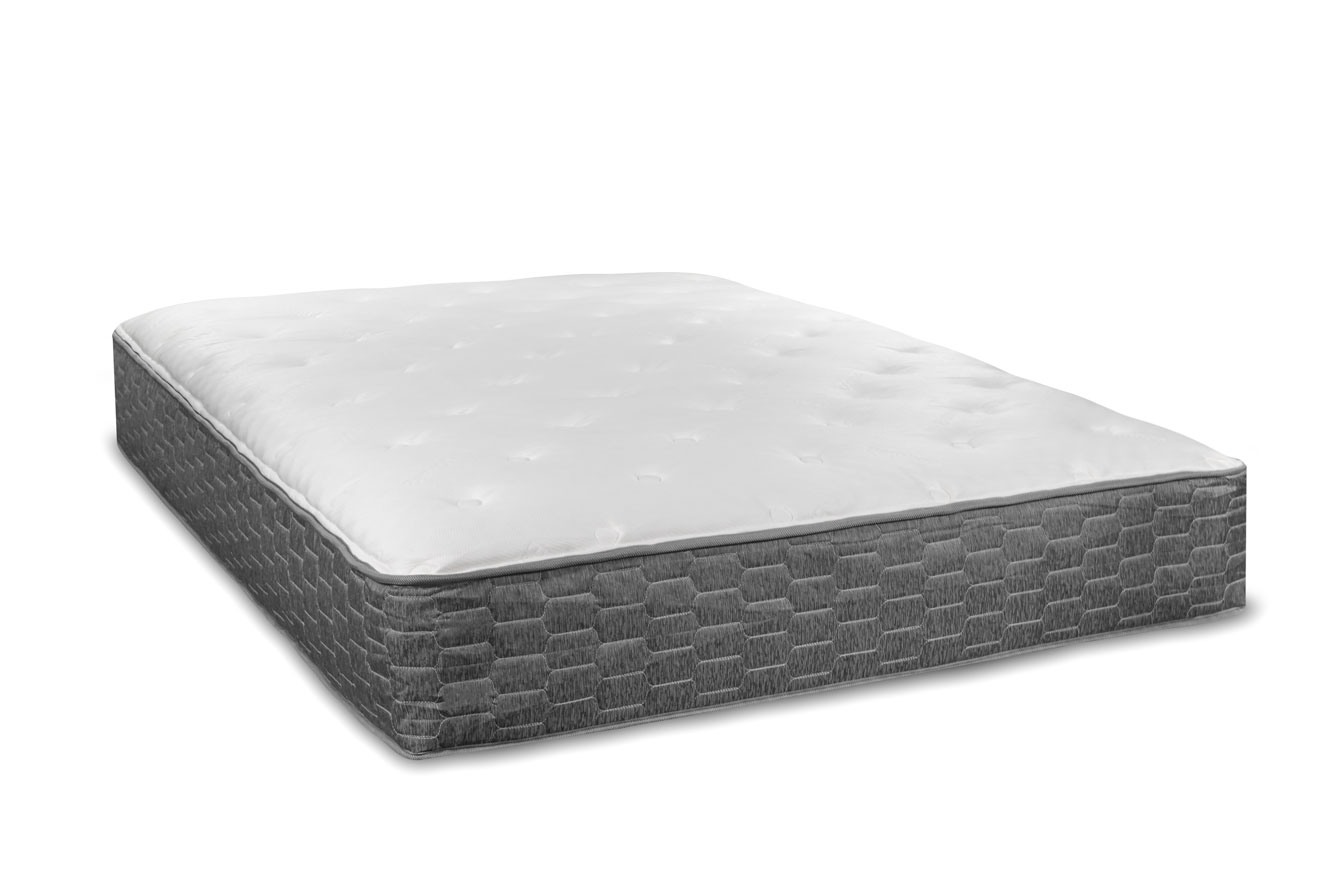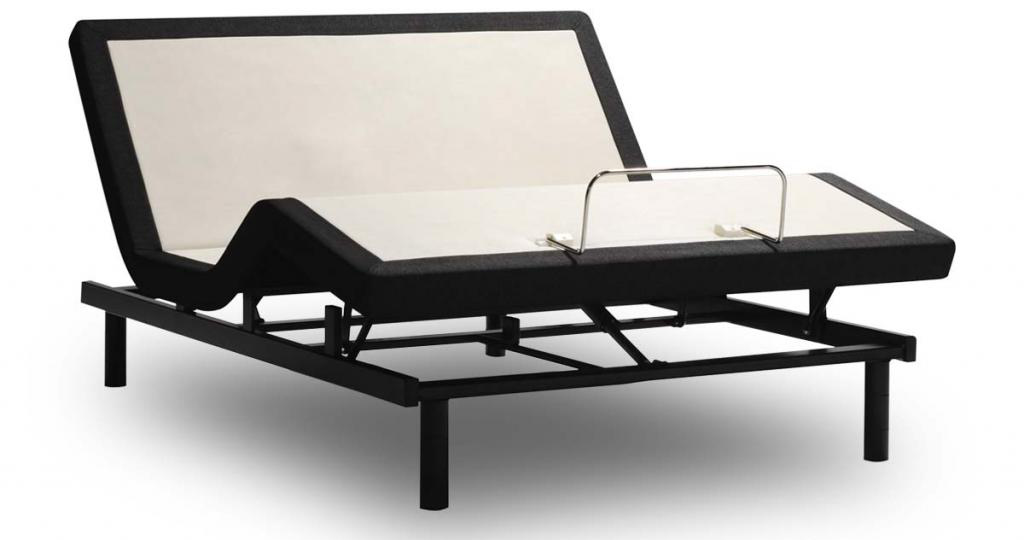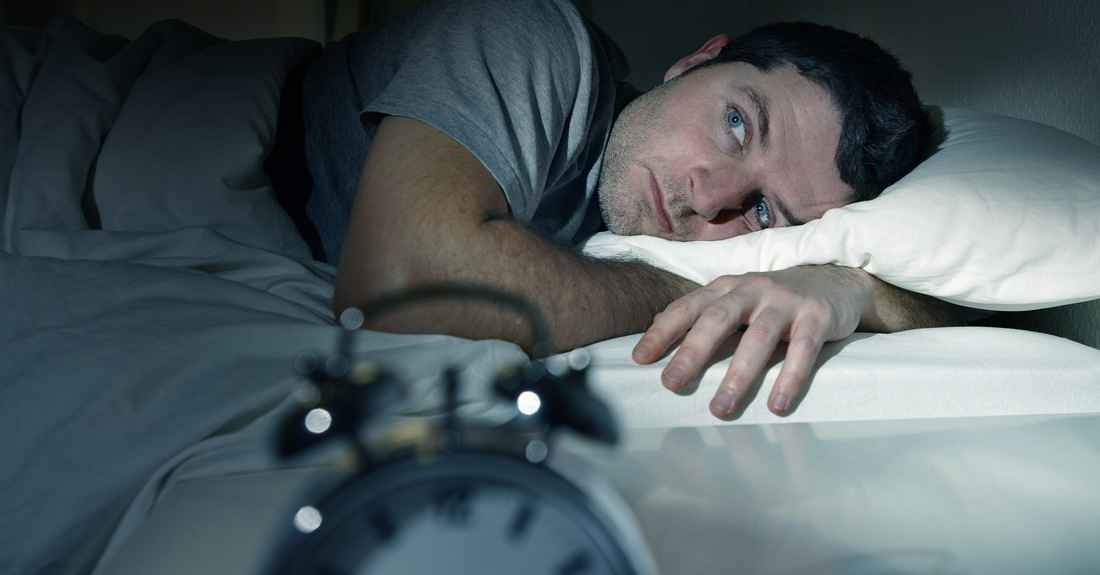Advice
Acid reflux keeping you up at night? Discover practical solutions for how to sleep with acid reflux and heartburn in this easy guide.
From heartburn to the bad taste in your mouth, acid reflux is never a pleasant experience. And to make things worse, those symptoms also have a nasty habit of disrupting your sleep.
Many people with acid reflux struggle to fall asleep or wake up in the middle of the night with nausea or discomfort.
Luckily, a few simple tricks can help you sleep the night through without experiencing the dreaded burn of nighttime acid reflux.
Keep reading to find out how
What Causes Acid Reflux at Night?
Acid reflux occurs when the muscles between your stomach and esophagus weaken. This makes it easier for stomach acid to flow from your stomach into your throat, causing an unpleasant burn and sour taste.
Why Is Acid Reflux Worse at Night?
Unfortunately, acid reflux during sleep is a common complaint. But why is acid reflux worse at night?
Gravity
Standing and sitting, position your stomach below your esophagus. However, lying down flat means your stomach and throat are level. Gravity can no longer lend a helping hand.
As a result, acid can easily flow back up your esophagus, wreaking havoc on your comfort and sleep cycle.
Eating Habits
If you eat a large meal in the evening, your stomach may still be working to digest it by the time you go to bed.
A full stomach puts pressure on the muscles between your esophagus and stomach, which makes acid reflux more likely.
In addition, food tends to stay in your stomach longer at night, making acid reflux more likely.
Your Body’s Natural Rhythms
Your circadian rhythms can impact parts of your digestion. For instance, people tend to secrete more stomach acid at night and swallow less saliva to neutralize it.
The result causes a more acidic environment in your stomach, which makes acid reflux far more likely.
Is It Okay to Sleep with Acid Reflux?
With the unpleasant side effects of sleeping with acid reflux, you might wonder if it’s okay–or even safe–to lie down while experiencing it. The short answer is yes. You can sleep with acid reflux.
How Does Acid Reflux Affect Sleep?
Because acid reflux is more common at night, it’s little surprise that people who experience it regularly find it affects their sleep.
The following symptoms are common with acid reflux and can all contribute to a restless night’s sleep:
- Heartburn and stomach pain
- A sour taste in your mouth
- Nausea
- Sore throat
Even worse, a poor night’s sleep can cause acid reflux to become more severe. As acid reflux disrupts your sleep and poor sleep triggers your acid reflux, breaking the cycle is easier said than done.
In fact, a PubMed study linked acid reflux to chronic sleep problems and insomnia.
Finally, tackling how to sleep with heartburn and acid reflux can have long-term benefits for sleep and comfort.
How to Sleep with Acid Reflux (10 Easy Tips)
Trying to sleep with such unpleasant symptoms can feel like a losing battle.
But don’t worry. There are easy steps you can take to help sleep with heartburn and acid reflux.
1. Stay Away From Certain Foods
Fatty, spicy, carbonated, and acidic treats are foods to avoid with acid reflux. Instead, aim for meals with lean protein and high fiber.
2. Avoid Meals Close to Bedtime
Going to bed on a full stomach can make acid reflux worse. It’s better to avoid sleeping within three hours of eating anything.
3. Eat Small Meals More Slowly
If you inhale your food at the dinner table, that may contribute to your acid reflux.
Eating too quickly means you’re more likely to swallow food you haven’t chewed sufficiently, which can upset your stomach.
4. Soothe Your Digestion
If you’ve had a few nights of poor sleep, it can be tempting to compensate with caffeinated beverages.
However, this can cause your acid reflux to get even worse. Instead, look for non-caffeinated teas that offer stomach-soothing benefits, especially in the evenings.
5. Don’t Smoke
Everyone knows there are plenty of good reasons to quit smoking. But you might not know that tobacco helps weaken the muscles responsible for keeping acid safely in your stomach, thus causing acid reflux.
6. Avoid Alcohol
People who drink alcohol are almost 50% more likely to experience acid reflux than people who don’t drink or drink only rarely.
Alcohol relaxes the valve that keeps stomach acid in your stomach. As a result, you can experience heartburn, bad breath, and more.
7. Cut Down on Stress
It’s a cruel irony that stress can contribute to heartburn and acid reflux, considering it’s a stressful experience.
But stress can cause contracted muscles, disrupting your body’s regular functions.
Relaxing activities like meditation before bed can help soothe your acid reflux.
8. Drink Water
With its neutral PH, drinking water before bed can help dilute your stomach acid. This can make your acid reflux symptoms more mild.
9. Avoid Pressure on Your Abdomen
Wearing tight clothes to bed puts pressure on your stomach, increasing the chance of squeezing stomach acid back up your throat.
Instead, try loose-fitting, comfortable clothes, and don’t sleep on your stomach.
10. Use an Adjustable Base
Elevating your head can help reduce the chances of stomach acid refluxing into your throat throughout the night.
With adjustable bases, you can also position your head in a comfortable position. The recommendation is to elevate it about six to eight inches.
Experience the ultimate comfort and sleep quality. Shop our selection of adjustable bases today and transform the way you sleep!
What is The Best Sleeping Position for Acid Reflux?
In addition to these lifestyle changes, one of the best ways to address acid reflux symptoms is changing your sleep position.
Incline sleeping is one way to avoid acid reflux. Sleeping on your side is another great solution.
These sleeping tips can help reduce discomfort and promote better sleep:
Elevate Your Head
It can be a challenge to sleep propped up when you’re used to lying down flat. However, elevating your head is a great way to keep the magic of gravity working on your stomach acid all through the night.
Sleeping with your head raised above your stomach also makes it harder for the acid to reach your throat.
The only difficulty is propping yourself up in a comfortable and restful way. An adjustable bed base can help you find a solution.
Sleep on Your (Left!) Side
Side-sleeping is effective in treating acid reflux – with one crucial caveat. You absolutely must sleep on your left side to reap the benefits.
It all comes down to the shape of your stomach and esophagus.
For example, the entrance to your stomach is closer to the left side of your body. When you lie on your left side, it keeps your stomach’s valve higher than most contents.
Therefore, it’s harder for stomach acid to flow back into your throat–leveraging the miracle of gravity once again.
What Is the Worst Sleeping Position for Acid Reflux?
If there’s a best side to sleep on for acid reflux, there’s also a worst one.
Sleeping on your right side puts your stomach’s valve lower than your stomach contents. This creates a straight path for acid to flow from your stomach to your esophagus. The effects trigger heartburn, nausea, bad breath, and more.
Best Mattresses and Bases for Acid Reflux (Our Top Picks)
One in five Americans experience acid reflux. Luckily, BedMart has mattresses and adjustable bases to help.
Check out our top picks:
Explorer 500 Plush by Parklane

Explorer 500 Plush Mattress
The Explorer 500 Plush combines the support of an inner-coil mattress with the pressure-point relief of gel memory foam.
This mattress is an excellent option for people who sleep on their sides to relieve acid reflux.
Tempur ProBreeze Medium by Tempur-Pedic

Tempur ProBreeze Medium Mattress
Hot sleepers will love the Tempur ProBreeze mattress for its revolutionary cooling materials and cushioning feel.
Westerman 2.0 Plush by Kingsdown

Westerman 2.0 Plush by Kingsdown
The adaptive foam allows you to sleep cool and conforms to your body instantly when you lie on it. Its three zone coil design provides additional support for body’s middle region, helping with lower back pain.
Ergo Power Base by Tempur-Pedic

Ergo Power Base Bed
The smart settings on this Tempur Pedic bed make this a big hit–including the soothing two-zone massage features.
Ease Base by Sealy

Sealy Ease Base Bed
Enjoy nearly unlimited head and foot positions, whether watching TV, elevating sore feet, or keeping your head upright at night to prevent heartburn.
Shop Mattresses at BedMart
Acid reflux is a major drag, but it doesn’t have to spell doom for your sleep cycle.
Visit BedMart. Consider investing in a bed to make getting a good night’s sleep a dream come true.
Sleeping with Acid Reflux FAQ
Answers to common questions about sleeping with acid reflux and heartburn.
How Can I Improve My Mattress for Acid Reflux?
To alleviate acid reflux, elevate the head of your mattress by 6 to 8 inches using bed risers or a wedge pillow. This position uses gravity to prevent stomach acid from entering the esophagus. Also, select a firm mattress to avoid sinking.
Are Adjustable Beds Good for Acid Reflux?
Yes, adjustable beds are beneficial for acid reflux sufferers. They elevate the upper body, preventing stomach acid from flowing into the esophagus. You can also find a comfortable sleeping position, reducing discomfort and improving sleep quality.
What Is the Best Bed Elevation for Acid Reflux?
A bed elevation of 6 to 8 inches at the head is generally optimal for combating acid reflux. This elevation uses gravity effectively to keep stomach acid from flowing back into the esophagus, thereby reducing symptoms and improving sleep quality.
